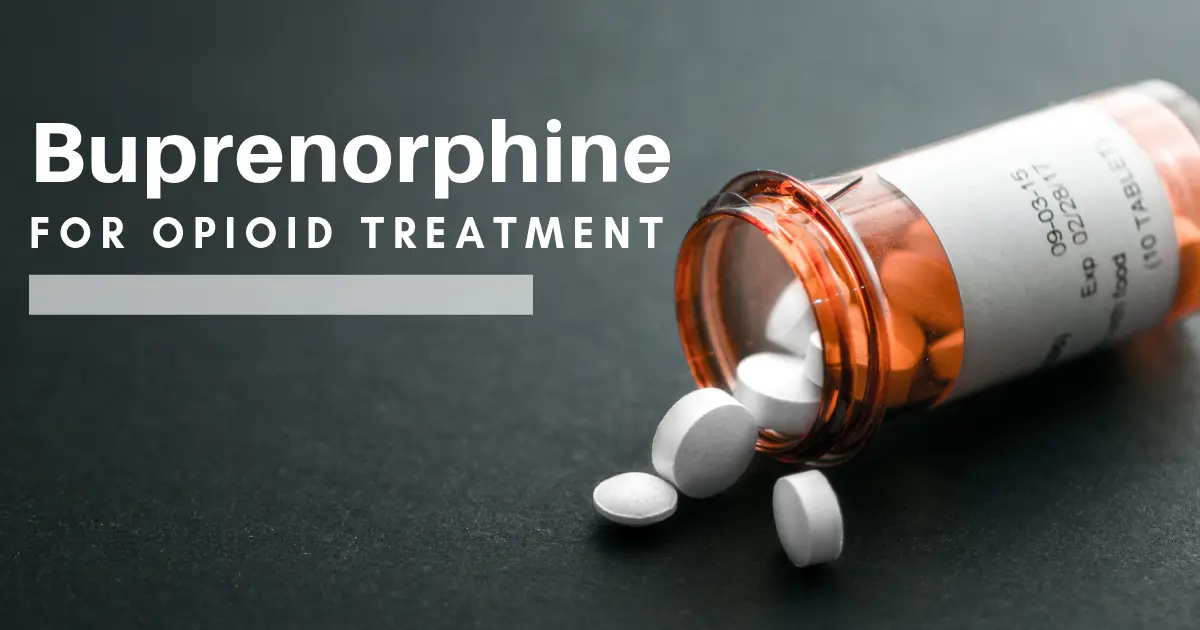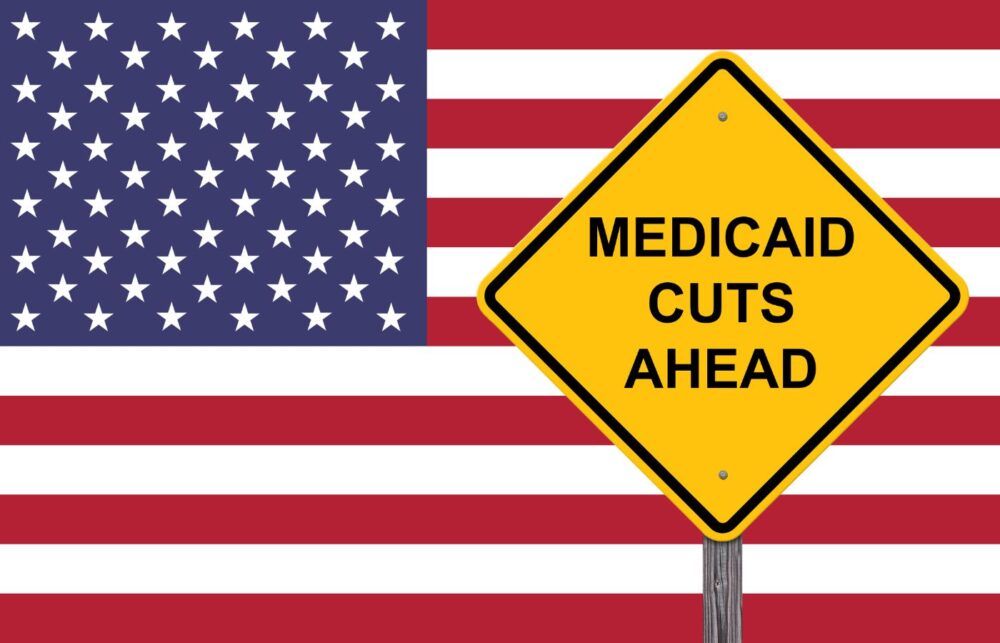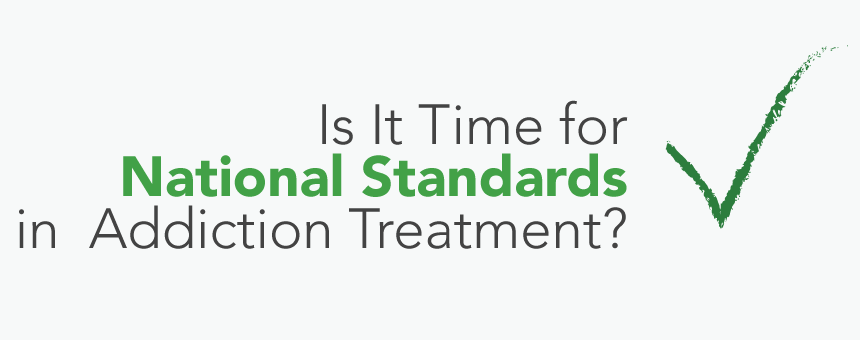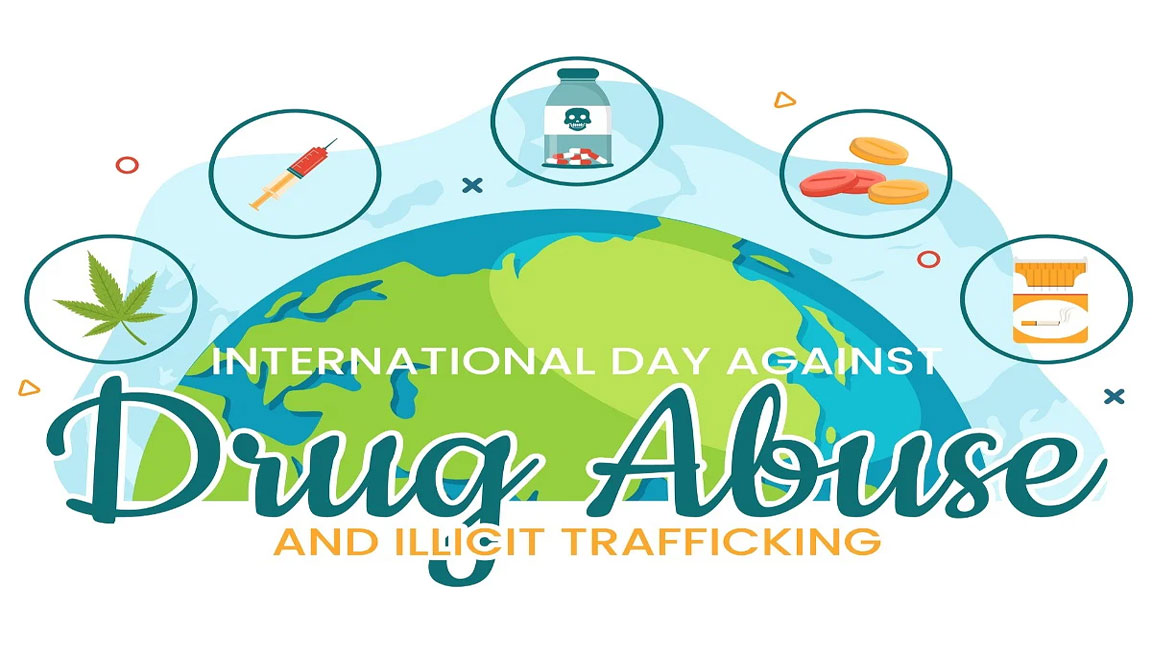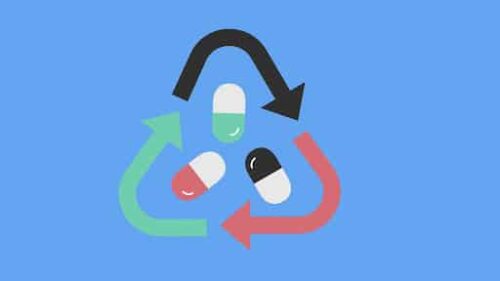Buprenorphine Rx by Pharmacists
Allowing pharmacists to prescribe buprenorphine for opioid use disorder improves access to treatment, especially in underserved areas. Benefits include convenience and reduced stigma, while challenges involve care coordination and privacy concerns. Ethical issues focus on informed consent and quality of care. Pharmacists must have a valid DEA registration, complete the required training, and comply with … Read more
